Here is an easy way to improve your health: trust your neighbors. A 2011 study from the University of Missouri showed that increasing trust in neighbors is associated with better self-reported health.
“I examined the idea of ‘relative position,’ or where one fits into the income distribution in their local community, as it applies to both trust of neighbors and self-rated health,” said Eileen Bjornstrom, an assistant professor of sociology at Mizzou in 2011. “Because human beings engage in interpersonal comparisons to gauge individual characteristics, it has been suggested that a low relative position, or feeling that you are below another person financially, leads to stress and negative emotions such as shame, hostility and distrust, and health suffers as a consequence. While most people aren’t aware of how trust impacts them, results indicated that trust was a factor in a person’s overall health.”
Bjornstrom examined the 2001 Los Angeles Family and Neighborhood Survey in the study. Contrary to expectations, she found that respondents with a higher income, relative to their community, were more likely to distrust their neighbors. Simultaneously, while considering factors such as education level, income, and age, people who reported that “their neighbors can be trusted” also reported better health on average.
“I was surprised about the direction in which relative position was linked to distrust. If affluent individuals are less likely to trust their poorer neighbors, attempting to overcome some of the distrust that leads to poor health could be beneficial,” Bjornstrom said. “It is possible that shared community resources that promote interaction, such as sidewalks and parks, could help bridge the neighborhood trust gap, and also promote health and well-being. Residents of all economic statuses might then benefit if community cohesion was increased. Additional research can address those questions.”
While there was not a direct link between low relative position among neighbors and better health, Bjornstrom believes that further study needs to occur in different contexts. She believes research on relative positions in the workplace or among social networks would provide greater insight.
“For example, relative position at work could matter for health because it might be associated with autonomy or other benefits,” Bjornstrom said.
Bjornstrom’s study, “The Neighborhood Context of Relative Position, Trust and Self-Rated Health,” appears in the journal Social Science & Medicine.
A 2019 study by Pew confirmed what many have suspected: American’s trust of each other and institutions is on the decline.
Trust is an essential elixir for public life and neighborly relations; when Americans think about trust, they worry. Two-thirds of adults think other Americans have little or no confidence in the federal government. Majorities believe the public’s confidence in the U.S. government and in each other is shrinking, and most believe a shortage of trust in government and in other citizens makes it harder to solve some of the nation’s key problems.
As a result, many think cleaning up the trust environment is necessary: 68 percent say it is very important to repair the public’s confidence level in the federal government, and 58 percent say the same about improving confidence in fellow Americans.
The disposition of U.S. adults to trust, or not to trust, each other relates to their thinking about all manner of issues. For instance, those less trusting in the interpersonal sphere also tend to be less trusting of institutions, less sure their fellow citizens will act in ways that are good for civic life, and less confident that trust levels can rise in the future.
What this Mizzou study and other research find, however, is that trust right where we live, in our neighborhoods, holds the key to our trust of other institutions. It is all local.
Taking action to create trust is one of the principles in the Missouri County Extension’s Engaged Neighbor Program. Take the The Engaged Neighbor Pledge now and begin to build trust right where you live.
What do you think? Have you observed a lack of trust in your life? In your neighborhood? What steps can you take to build local connection and foster trust?
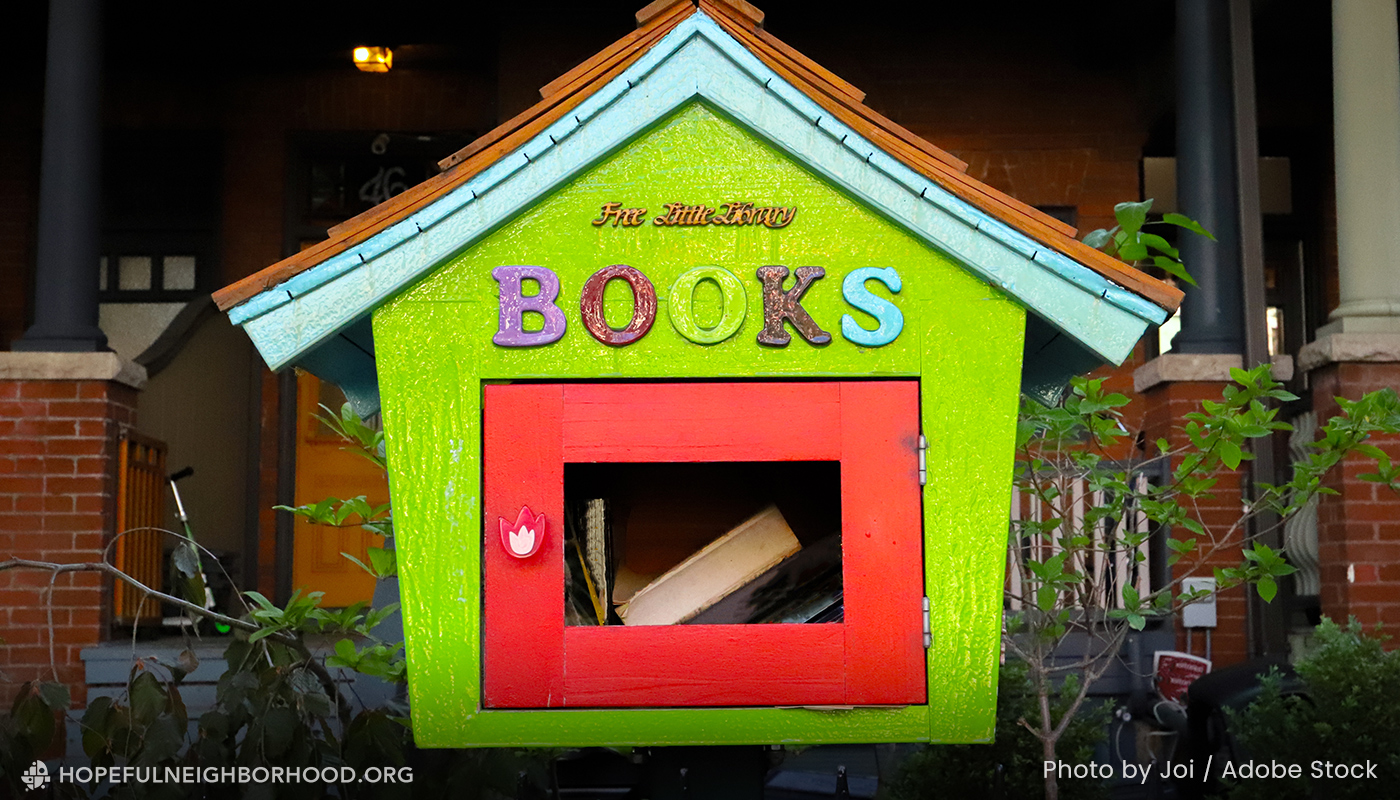
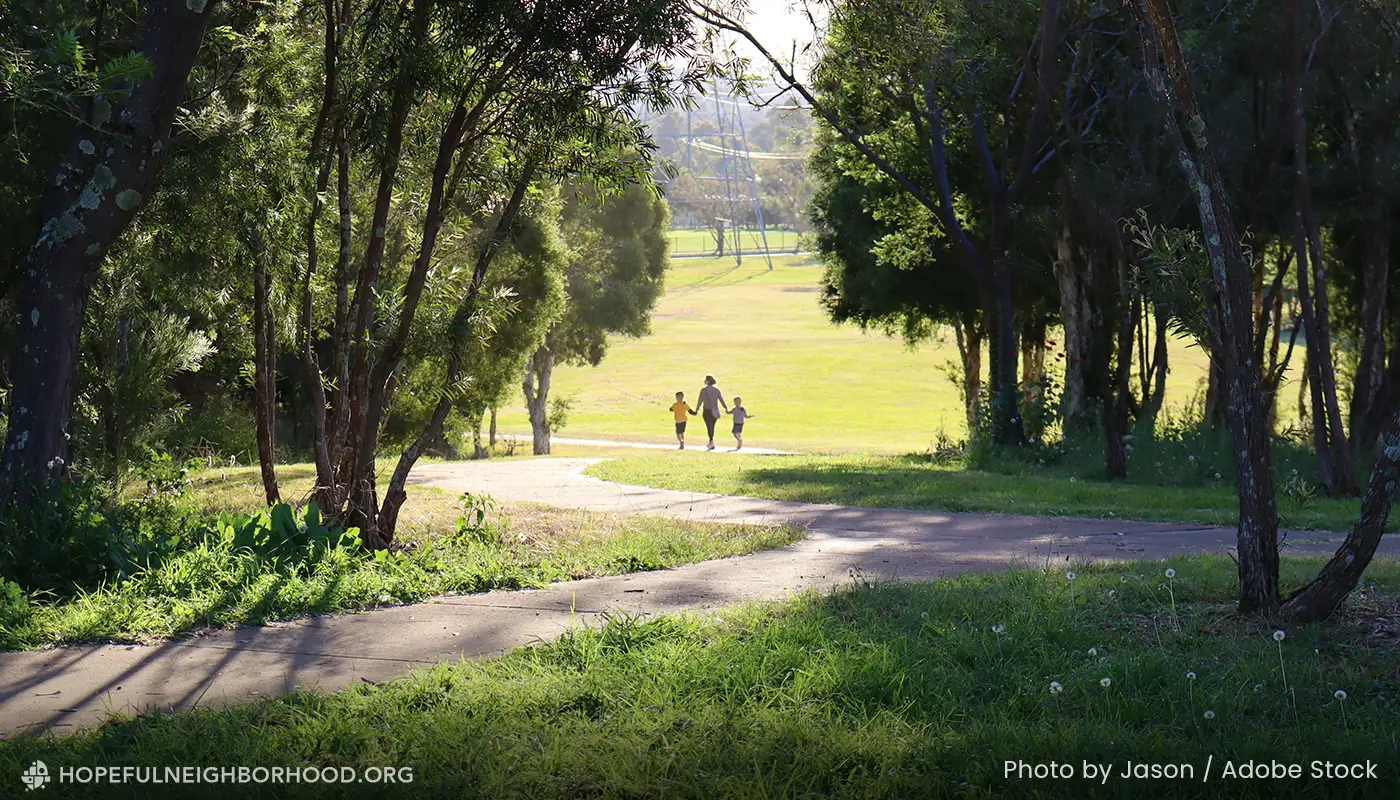
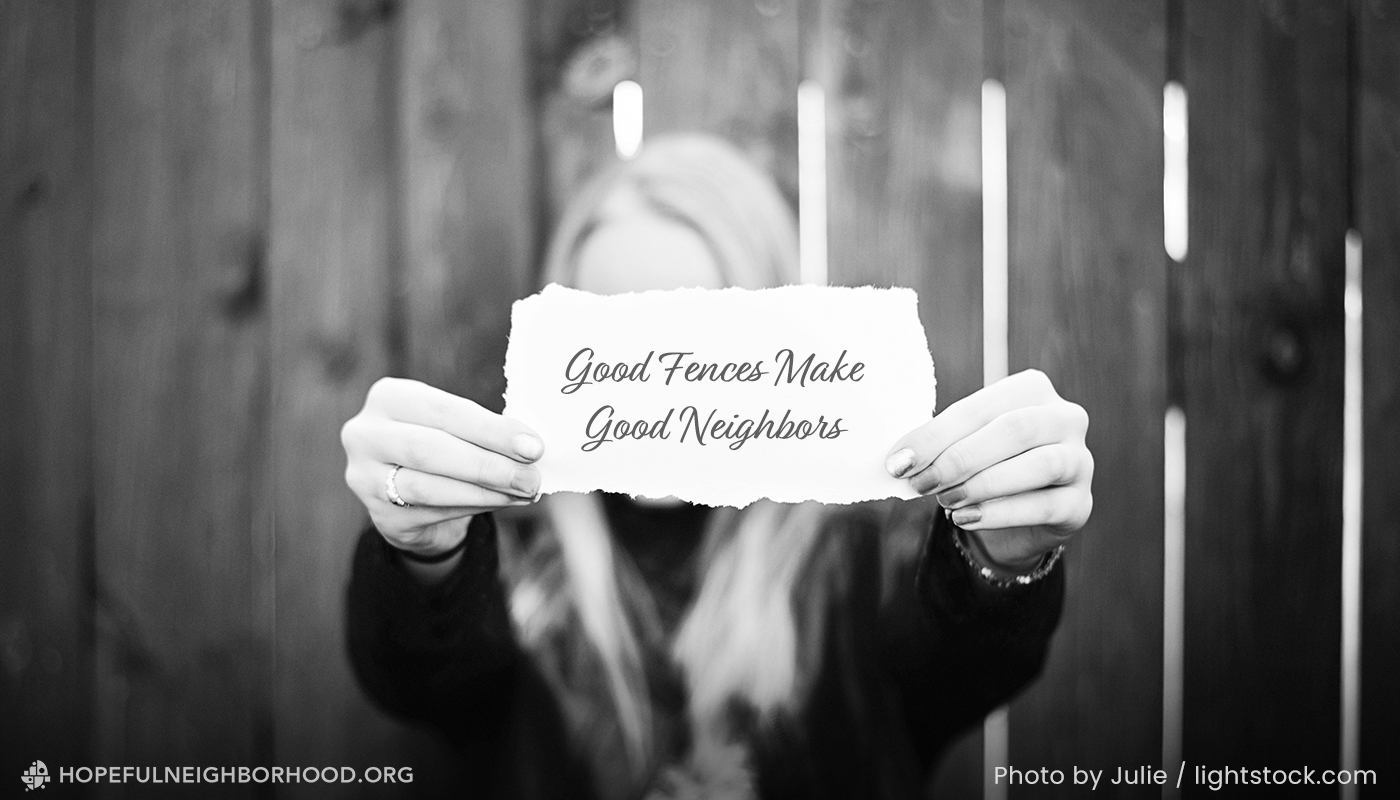
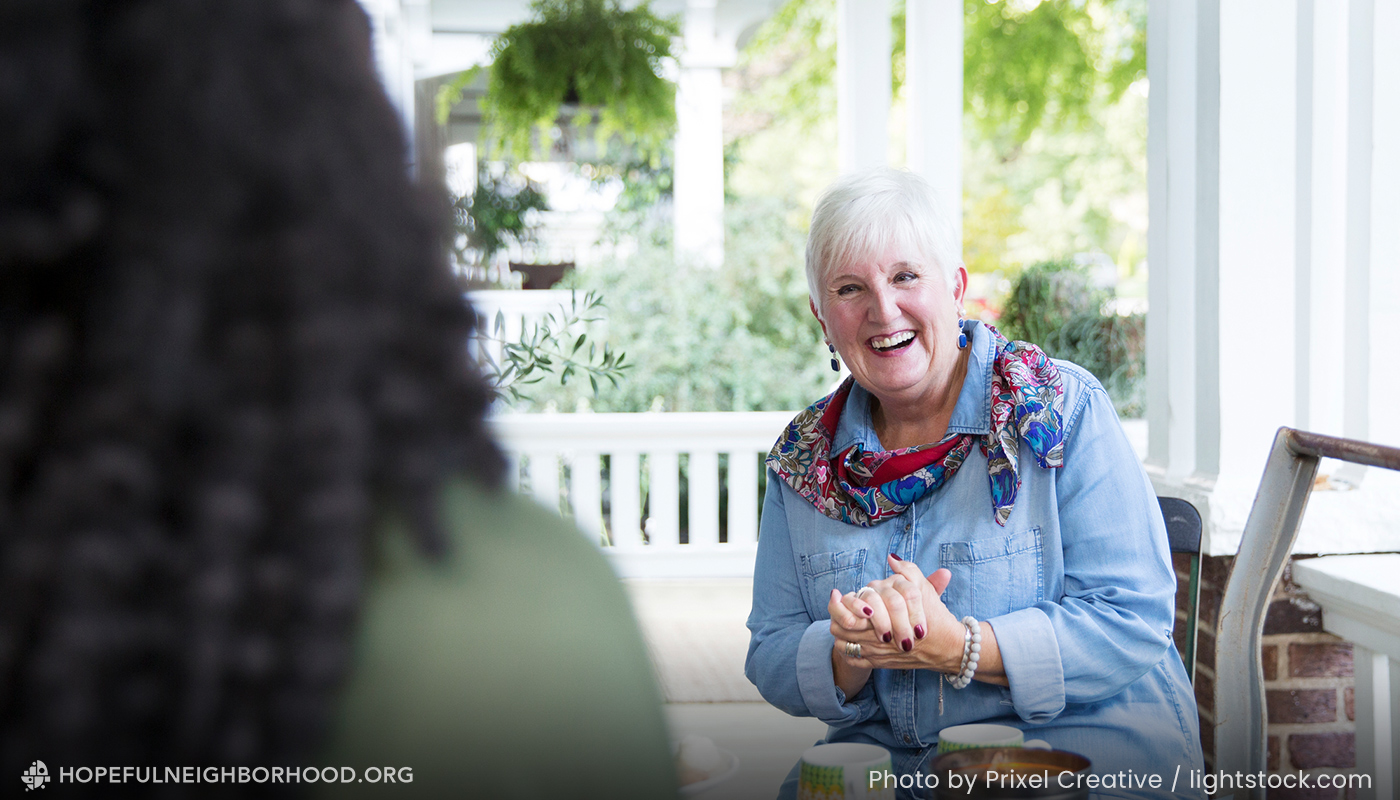
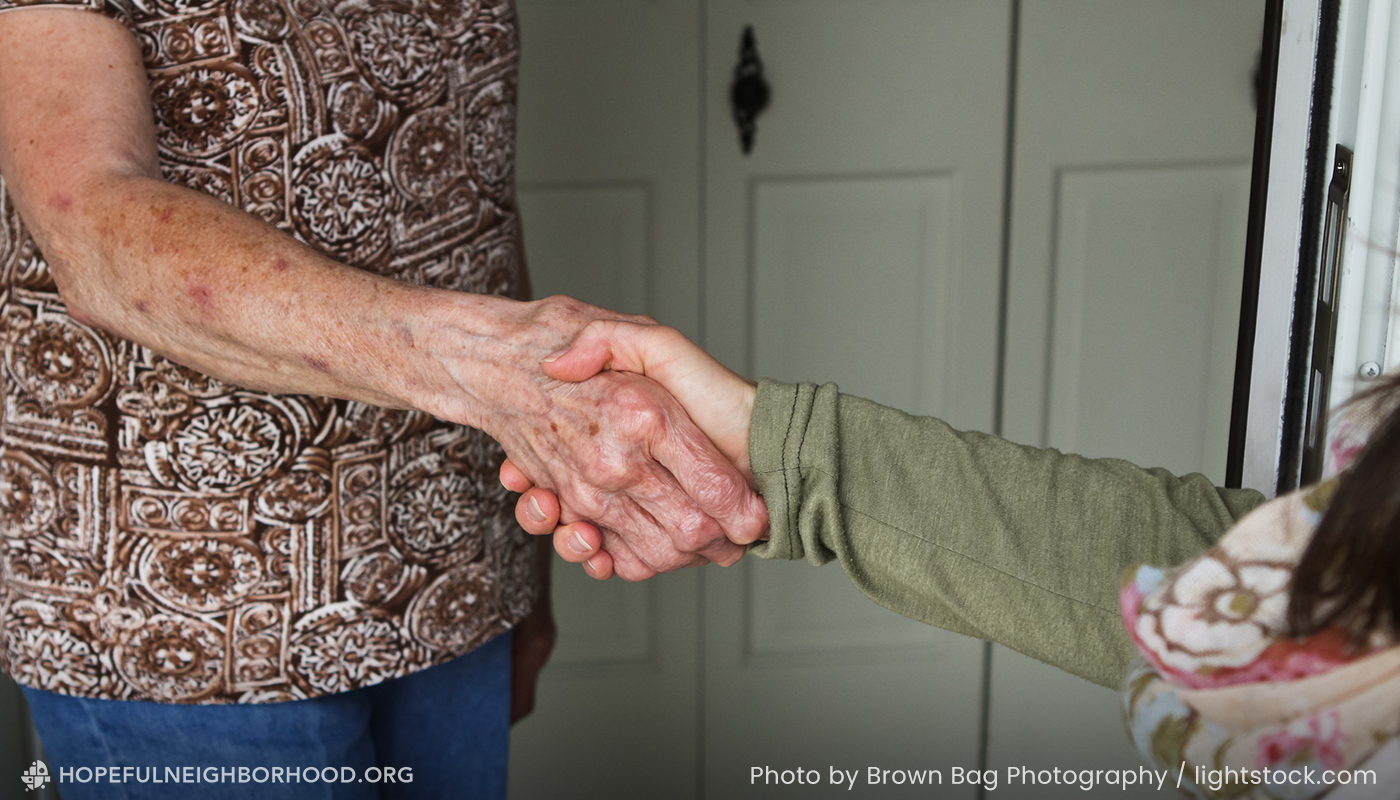

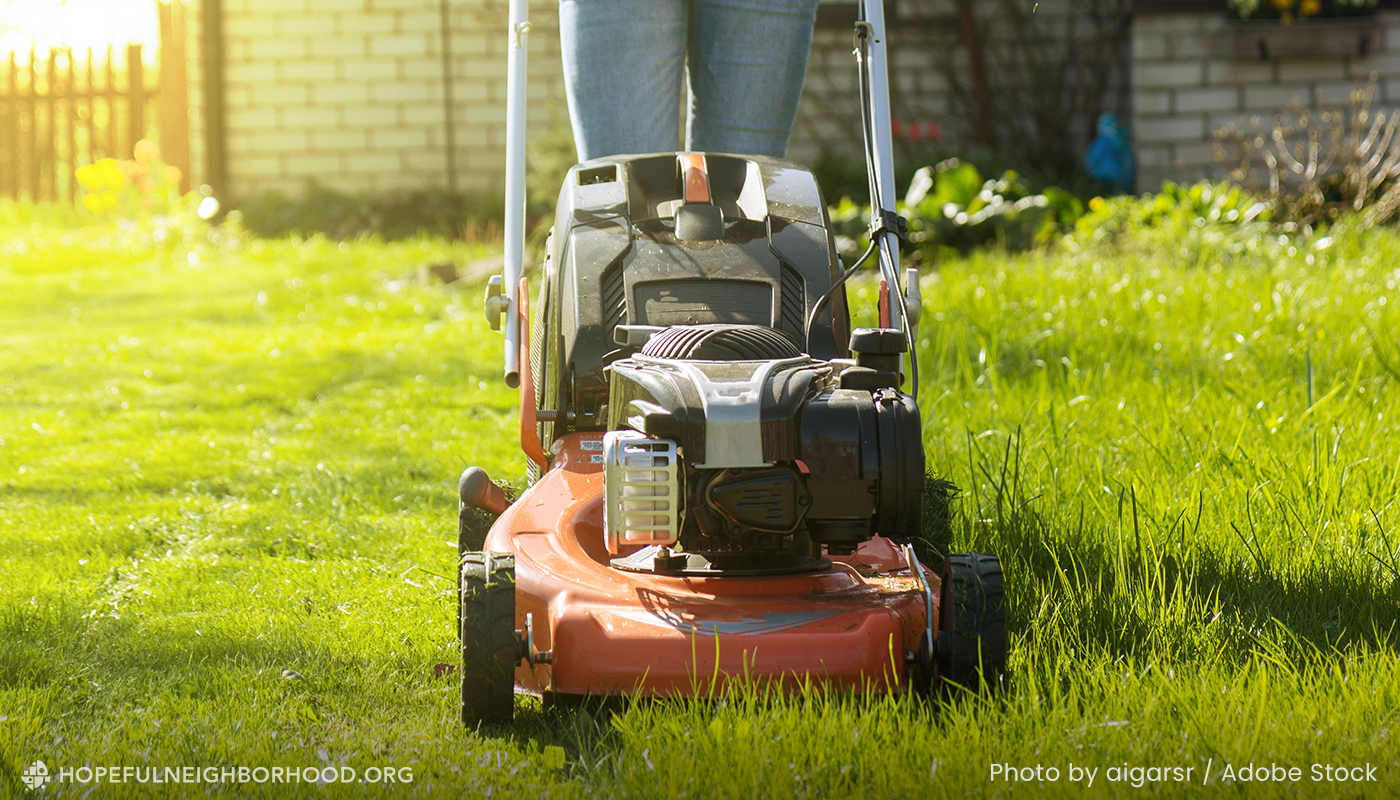
0 Comments